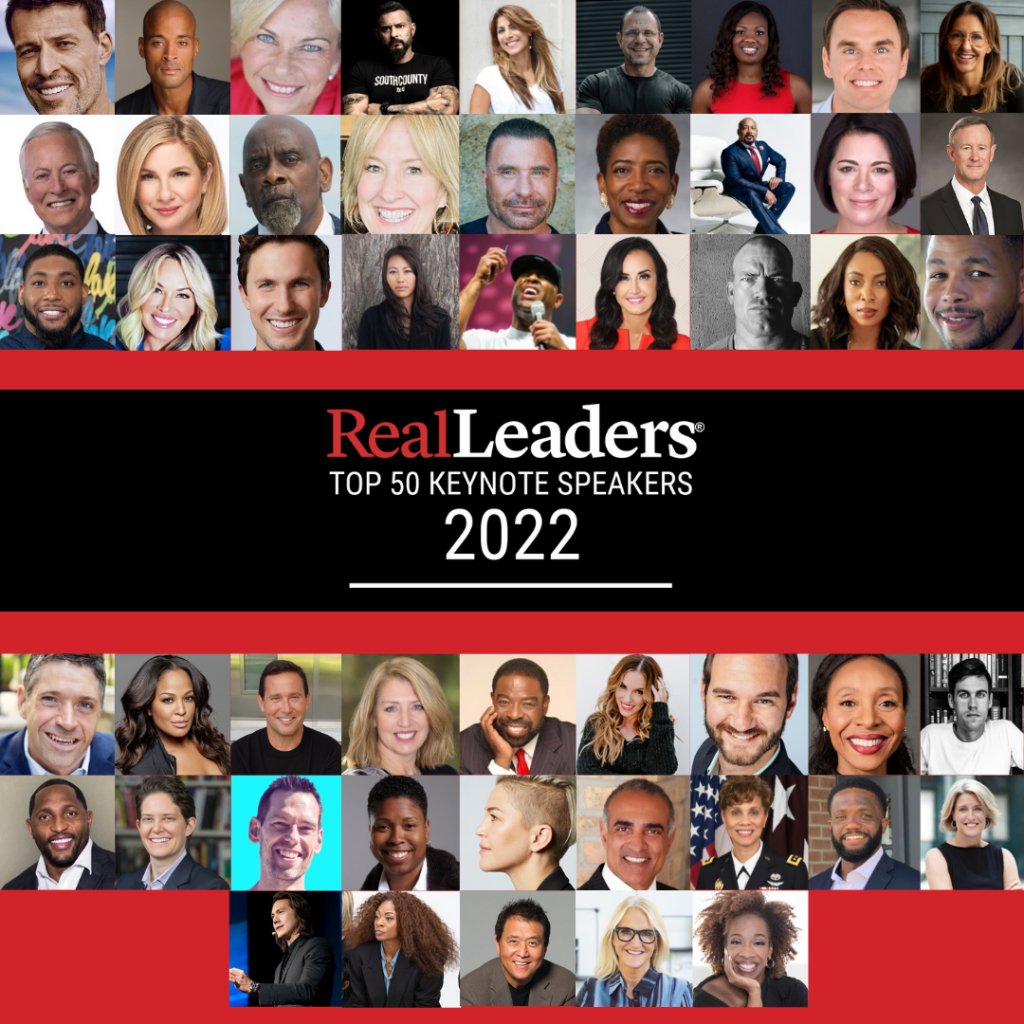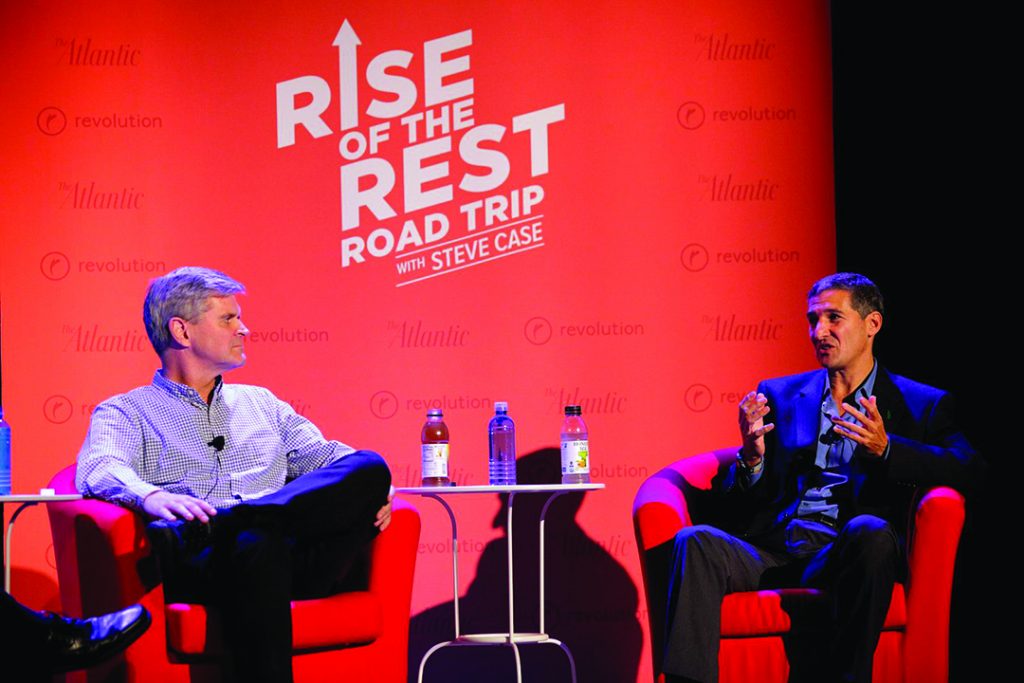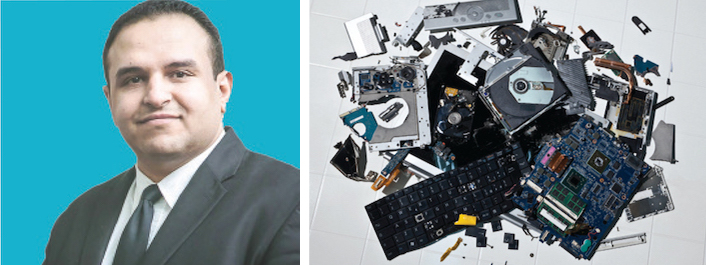The Trust Model

Adopt these three elements to build trust while working toward a sustainable future.
By Jim Massey
As environmental, social, and governance (ESG) topics become more relevant, more business leaders are asking how they can evolve. It comes down to trust and trying to help others understand that we can’t afford not to be singularly focused on social impact.
The Trust Model is a premise I developed that focuses on three elements: Can, Care, and Do. For trust to be present, each of these elements must be present. Trust is the connective tissue that makes positive action possible, as it creates the building blocks for a successful self, team, and system.
Can
Leaders need to have clarity of their vision or purpose first, as this will enable them to be secure in their ability to tackle whatever issue or problem needs solving. This idea of “Can” allows leaders to try new solutions.
Understanding why you exist and taking care of it responsibly is the essence of “Can.” “It can’t be done” is something that companies say when they are focused on the wrong things. Many companies will say things like, “We follow these multiple Sustainable Development Goals. We’re focused on driving inequalities. We’re focused on eliminating homelessness and hunger.” But when you look closer, none of these issues is directly tied to its core business.
I find that broad approaches often show an immaturity in the company’s sustainability program and commitment to making the most meaningful impact. In the end, a company is ignoring the fact that it is not actually addressing the existential problem that the business is contributing to most.
Companies are trying to be all things to everyone when they should really figure out why they exist first. Then, demonstrate that they’re capable, and find their purpose through that lens.
For instance, Orsted is ranked one of the most sustainable energy companies in the world, and it stays at the top because it demonstrated that it can.
Orsted used to be one of Europe’s largest oil, gas, and coal extractors, with 85% of its power coming from fossil fuels. It was a true power conglomerate. Today, it has made a commitment to 85% power from renewable sources by 2040, and not only that, it hit its target 20 years ahead of schedule. It has even committed to net- zero emissions by 2040.
Trust: Creating the Building Blocks of Action
Care
Leaders need to demonstrate that they and their company will engage, listen, and take actions that benefit those who depend on them, balancing company profits with impact. Employees, customers, communities, and investors want companies to be successful, just not at all cost. Leaders and companies must show that they care about people and our planet when they do business.
For example, when my wife and I had our first child, we had a difficult time conceiving. Anyone who has struggled with fertility knows that in vitro fertilization (IVF) treatments are expensive, and the process can be heartbreaking and exhausting.
Fortunately, at the time I was working at Johnson & Johnson (J&J), and insurance covered most of the IVF treatment. We ended up only paying a nominal fee. When we welcomed our first child into the world, I also had plenty of time off for parental leave. My wife, on the other hand, was working at another company, and she got no more than the minimum legal requirement. In fact, she ended up using her vacation time, sick days, and taking some unpaid leave just to have the time she wanted after the baby was born.
Everyone was shocked at the benefits and paternity leave that were offered to us from J&J. To me, this wasn’t surprising. Johnson & Johnson is a baby company; it’s part of why they exist. They made sure that their benefits were spectacular because healthy babies are part of their purpose and something they care about.
Some companies care about people, and others don’t. In today’s business environment, if companies want to retain their employees, they’re going to have to do more than just offer them a raise. The largest generation in the workforce today, Millennials, are overwhelmingly looking to join companies that offer equity, transparency, and purpose. Employees are looking for ethical companies that value them and do good, and on the flip side, consumers are looking for companies that make a positive impact, and at a minimum are not doing harm to people and the planet.
We no longer can afford to focus solely on quarterly returns and investors. For quite some time, shareholders ruled, yet the evidence is clear. We need to move from worrying just about our investors and how business operations are affecting money to worrying about how we’re impacting our planet and people — employees, customers, partners, supply chains, and communities.
Do
Leaders and organizations must turn aspirations into operations and walk their talk. To make sense of the chaos, humans create systems. Since we created these systems, we can fix them and potentially use them to regain society’s trust.
Corporate sponsorships have long been a way that companies leverage their “Can” and “Care,” but in today’s business arena, that is not enough. Consumers, employees, and other stakeholders are expecting organizations and leaders to walk the walk, take action, and simply “Do.” Business is one of the only remaining systems where society still places trust, but even that trust is fragile.
Case in point: Many people were outraged when they discovered that the world’s top plastic polluter, Coca-Cola, was sponsoring COP27, the United Nations climate meeting. They accused the soft drink company of greenwashing. Many saw this move as a dishonest attempt at hijacking the green movement for public relations opportunities in lieu of making any real changes to its operations.
Coca-Cola issued a statement saying, “We are prepared to do our part and have set ambitious goals for our business, starting with helping to collect and recycle a bottle or can for every one we sell — regardless of where it comes from — by 2030. … In 2020, we signed a joint statement urging United Nations member states to adopt a global treaty to tackle the plastic waste issue through a holistic, circular economy approach. … Our support for COP27 is in line with our science-based target to reduce absolute carbon emissions 25% by 2030 and our ambition for net-zero carbon emissions by 2050.”
COP27 was requested to drop Coca- Cola as a sponsor, but Coca-Cola remained, though they did not participate in the meeting. While individuals at large may not have been able to influence Coca-Cola to put its money where its mouth was that time, I hope that individuals inside and outside of Coca- Cola will hold its leaders accountable for fulfilling its commitment to do good.
In a time when many are rapidly losing trust in our institutions — whether in government, society, or finance — it’s more critical than ever that leaders cultivate their ability to build trust by focusing on Can, Care, and Do.
Jim Massey is the author of Trust in Action: The Leader’s Guide to Act. Right. Now. He is chief sustainability officer at Zai Lab and former vice president of ESG Sustainability, Ethics, and Compliance at AstraZeneca.





Responses